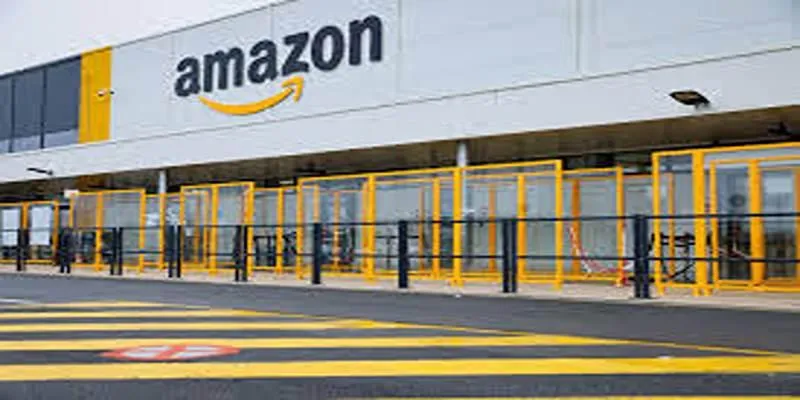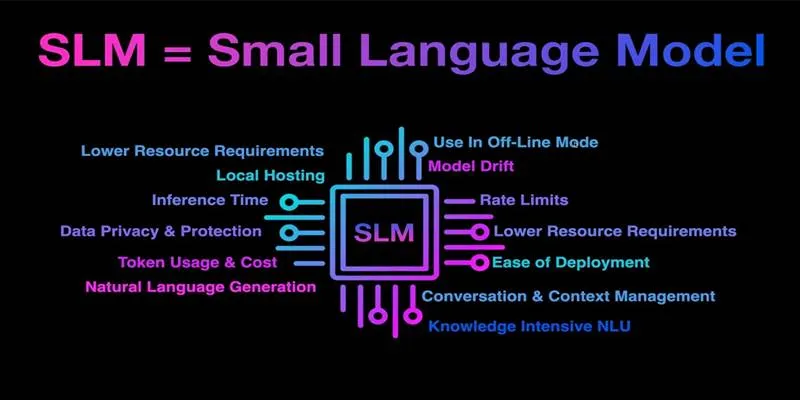In today’s fast-paced global economy, logistics companies face numerous challenges, such as fluctuating demand and supply chain disruptions. Artificial Intelligence (AI) and predictive analytics are transforming transportation by helping companies predict trends, optimize routes, and make informed decisions. By leveraging this groundbreaking technology, businesses can enhance efficiency, reduce costs, and ensure seamless operations throughout the supply chain.
How AI is Transforming Logistics
AI in Logistics goes beyond task automation; it empowers companies to make data-driven decisions, enhancing their supply chain processes. Here are some key ways AI is revolutionizing the industry:
- Demand Forecasting: AI algorithms analyze historical data, market trends, and consumer behavior to accurately predict future demand.
- Route Optimization: AI-driven navigation systems identify the fastest and most cost-effective delivery routes.
- Inventory Management: Predictive analytics helps maintain optimal inventory levels, reducing storage costs and preventing stockouts.
- Risk Management: AI enables logistics companies to anticipate and mitigate potential supply chain risks, such as weather disruptions or geopolitical events.
- Warehouse Management: AI-powered systems optimize warehouse layouts and improve order fulfillment processes.
- Freight Optimization: AI-driven insights assist in selecting the best shipping methods to reduce costs and increase efficiency.
The Role of Predictive Analytics in Supply Chain Optimization

Predictive analytics leverages AI and machine learning to analyze vast amounts of data, identify patterns, and make accurate predictions. This approach allows businesses to proactively respond to market shifts and optimize their logistics operations.
Demand Forecasting for Efficient Planning
Traditional forecasting methods often fall short in accounting for sudden market changes. AI-driven predictive analytics enhances forecasting accuracy by considering factors such as:
- Seasonal trends and purchasing behavior
- External factors like economic conditions, weather, and competitor actions
- Real-time data from sales, social media, and business news
By accurately predicting customer demand, logistics companies can improve customer satisfaction, minimize waste, and optimize inventory levels. This prevents costly overstocking or stockouts, which can lead to lost sales and delayed orders.
Route Optimization for Faster Deliveries
Efficient transportation is vital in logistics. AI-driven route optimization helps businesses:
- Identify the shortest and fastest routes based on real-time traffic conditions
- Minimize fuel consumption and transportation costs
- Improve delivery accuracy and enhance customer experience
- Adjust delivery routes dynamically based on weather conditions, roadblocks, or unexpected traffic delays
With AI, logistics companies can avoid delays and ensure on-time deliveries, even during peak seasons, reducing transportation expenses while maximizing delivery efficiency.
Smart Inventory Management
Maintaining the right inventory balance is challenging, but AI-powered predictive analytics can help. By analyzing sales patterns and external influences, AI enables:
- Just-in-time inventory management to reduce excess stock
- Automated restocking based on real-time demand
- Warehouse space optimization to maximize efficiency
- Reducing stock obsolescence by predicting when certain products will become less in demand
AI helps businesses reduce unnecessary storage costs and avoid stock shortages, maintaining an efficient and cost-effective supply chain while ensuring timely order fulfillment.
Risk Management and Supply Chain Resilience
Unexpected disruptions like natural disasters, economic downturns, or supplier failures can impact logistics operations. AI-driven predictive analytics aids in:
- Identifying potential risks before they occur
- Suggesting alternative suppliers or transportation routes
- Enhancing supply chain resilience and adaptability
- Monitoring geopolitical factors that might affect transportation routes
By proactively addressing risks, companies can prevent costly delays and maintain smooth operations. AI-based risk assessment allows businesses to prepare for potential disruptions, ensuring continuity and reducing downtime.
Warehouse Optimization and Order Fulfillment
AI-powered predictive analytics enhances warehouse management by improving order fulfillment processes. It helps in:
- Optimizing warehouse layouts to reduce the time taken to pick up and pack orders
- Automating inventory tracking to prevent misplaced or lost items
- Predicting peak demand periods and adjusting staffing needs accordingly
- Enhancing order accuracy by minimizing human errors in sorting and shipping
Efficient warehouse management ensures products move swiftly through the supply chain, reducing lead times and improving overall logistics efficiency.
Real-World Applications of AI in Logistics

Many industry leaders are already leveraging AI and predictive analytics to optimize their supply chains:
- Amazon: Utilizes AI to predict customer demand and automate warehouse operations, ensuring faster deliveries.
- DHL: Implements machine learning for route optimization and predictive maintenance of delivery vehicles.
- UPS: Employs AI-powered logistics planning to minimize fuel consumption and enhance delivery efficiency.
- FedEx: Uses AI to optimize package sorting, ensuring timely and accurate deliveries.
These companies demonstrate how AI-driven logistics solutions can significantly improve supply chain efficiency and reduce operational costs.
Benefits of AI-Driven Predictive Analytics in Logistics
Implementing AI in logistics offers numerous advantages, including:
- Reduced Operational Costs: AI minimizes waste, optimizes routes, and lowers transportation expenses.
- Enhanced Customer Satisfaction: Faster, more accurate deliveries improve customer experiences.
- Increased Efficiency: Automation and data-driven insights enhance productivity across the supply chain.
- Improved Decision-Making: Real-time analytics help businesses make informed, strategic decisions.
- Sustainability: AI-driven logistics reduces fuel consumption and minimizes carbon footprints.
Conclusion
AI-driven predictive analytics is revolutionizing logistics, enabling businesses to optimize their supply chains, reduce costs, and improve efficiency. By leveraging AI technology, logistics companies can gain better insights into demand forecasting, route optimization, inventory management, and risk assessment. As businesses continue to implement AI-driven logistics solutions, they will achieve higher efficiency, greater cost savings, and improved customer satisfaction. Investing in AI-powered supply chain management helps businesses remain competitive in an increasingly demanding global market.
 zfn9
zfn9























